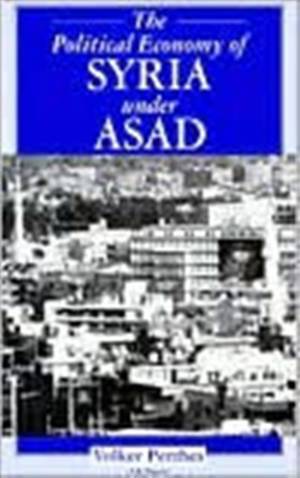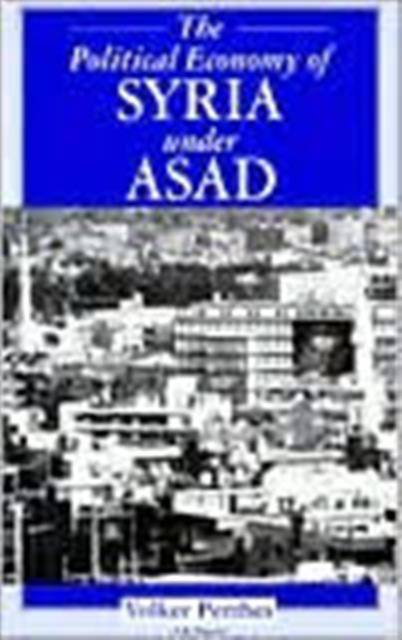
Je cadeautjes zeker op tijd in huis hebben voor de feestdagen? Kom langs in onze winkels en vind het perfecte geschenk!
- Afhalen na 1 uur in een winkel met voorraad
- Gratis thuislevering in België vanaf € 30
- Ruim aanbod met 7 miljoen producten
Je cadeautjes zeker op tijd in huis hebben voor de feestdagen? Kom langs in onze winkels en vind het perfecte geschenk!
- Afhalen na 1 uur in een winkel met voorraad
- Gratis thuislevering in België vanaf € 30
- Ruim aanbod met 7 miljoen producten
Zoeken
Omschrijving
Syria under Asad has been one of the key regional powers of the Middle East. Though its political development has been a much-debated subject, there has been no comprehensive study in English of the country's political economy and its evolution since 1970 to the present day. Beginning with an account of economic development and of changing development strategies, Perthes discusses the factors which in the late 1980s precipitated a change in direction from the socialist orientation of the earlier Ba'thist years to "infitah" and a larger role for the private sector. He pays particular attention to class structure and class-state relations and examines the nature of the state, the political structure and the mechanisms and dynamics of political decision-making. Addressing the issue of the interplay between economic transformation and political change, Perthes argues that, although a shift in the power structure will not occur under Asad, his regime has created the institutions which will allow a reasonably smooth succession and a creation of a less personalized and more participatory political order.
Specificaties
Betrokkenen
- Auteur(s):
- Uitgeverij:
Inhoud
- Aantal bladzijden:
- 312
- Taal:
- Engels
Eigenschappen
- Productcode (EAN):
- 9781860641923
- Verschijningsdatum:
- 31/12/1997
- Uitvoering:
- Paperback
- Formaat:
- Trade paperback (VS)
- Afmetingen:
- 138 mm x 216 mm
- Gewicht:
- 435 g

Alleen bij Standaard Boekhandel
+ 121 punten op je klantenkaart van Standaard Boekhandel
Beoordelingen
We publiceren alleen reviews die voldoen aan de voorwaarden voor reviews. Bekijk onze voorwaarden voor reviews.









